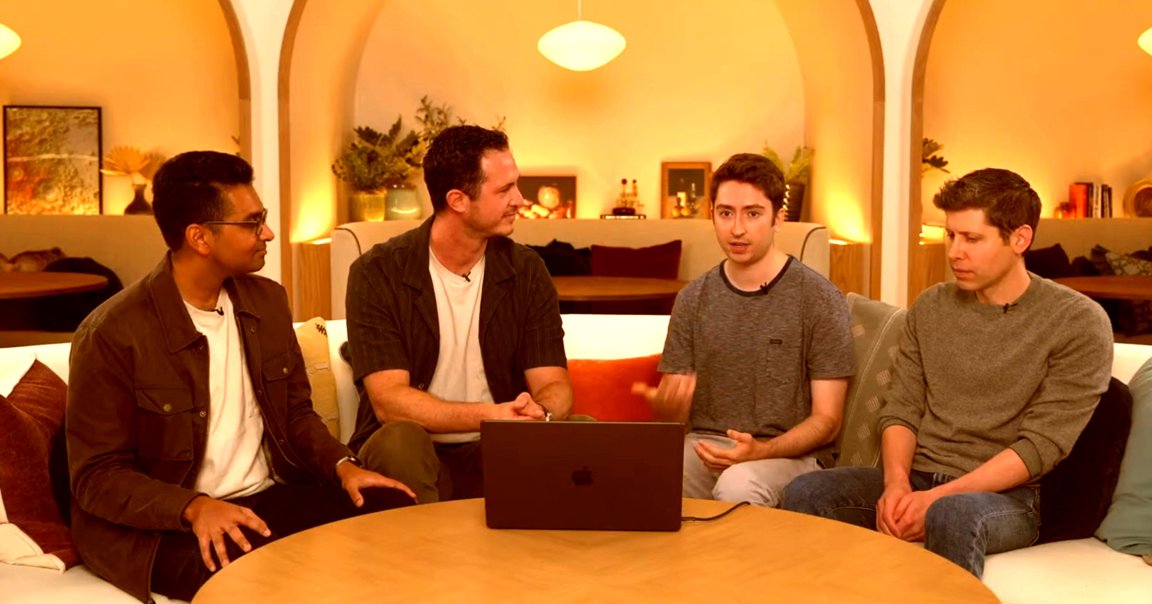
OpenAI has announced a brand-new AI-powered web browser, dubbed ChatGPT Atlas, which is now available globally.
Perhaps most memorably, Atlas features an “agent mode” — initially limited to paying Plus, Pro, and Business users — that acts as a natural extension of OpenAI’s forays into agentic AIs, meaning models intended to autonomously complete tasks.
In the context of a browser, that means that users can watch the AI move the cursor as it navigates the intricacies of the web — for instance, in one demo OpenAI showed today, purchasing groceries on Safeway’s website for an upcoming dinner.
The company also used the opportunity to coin a new, cringe-inducing term.
“In the same way that GPT-5 and Codex are these great tools for ‘vibe coding,’ we believe that we can start in the long run to have an amazing tool for ‘vibe lifing,'” promised OpenAI technical staffer Will Ellsworth during the stream. “So delegating all sorts of tasks, both in your personal and professional life, to the agent in Atlas.”
“Vibe lifing” was meant as a direct response to “vibe coding,” a phrase coined by since-departed OpenAI cofounder Andrej Karpathy earlier this year. The trend involves using AI to rapidly develop software using natural language prompts.
But given the potentially disastrous consequences of handing the keys to your web browser to a hallucinating large language model, the risks are clear. AI browsers by OpenAI’s competitors have already resulted in embarrassment as they turned out to be easily exploitable by bad actors.
Even Karpathy has acknowledged that vibe coding was never meant to be a feasible, long-term solution.
“Sometimes the LLMs can’t fix a bug, so I just work around it or ask for random changes until it goes away,” he wrote in the February tweet in which he first coined the term. “It’s not too bad for throwaway weekend projects, but still quite amusing.”
How OpenAI’s laissez-faire approach will translate to making important purchases or managing impactful life decisions — especially as hackers work to exploit the new tech — remains to be seen.
It’s one thing to end up with a couple of hallucinated bugs in a mockup for a new piece of software you’re working on — but another when you’re giving an exploitable AI access to your wallet and personal information.
“I’m really excited to see all the unexpected and cool ways that you can use the agent in Atlas, and we’re really excited to ship this,” Ellsworth concluded during today’s stream.
More on vibe coding: Inventor of Vibe Coding Admits He Hand-Coded His New Project